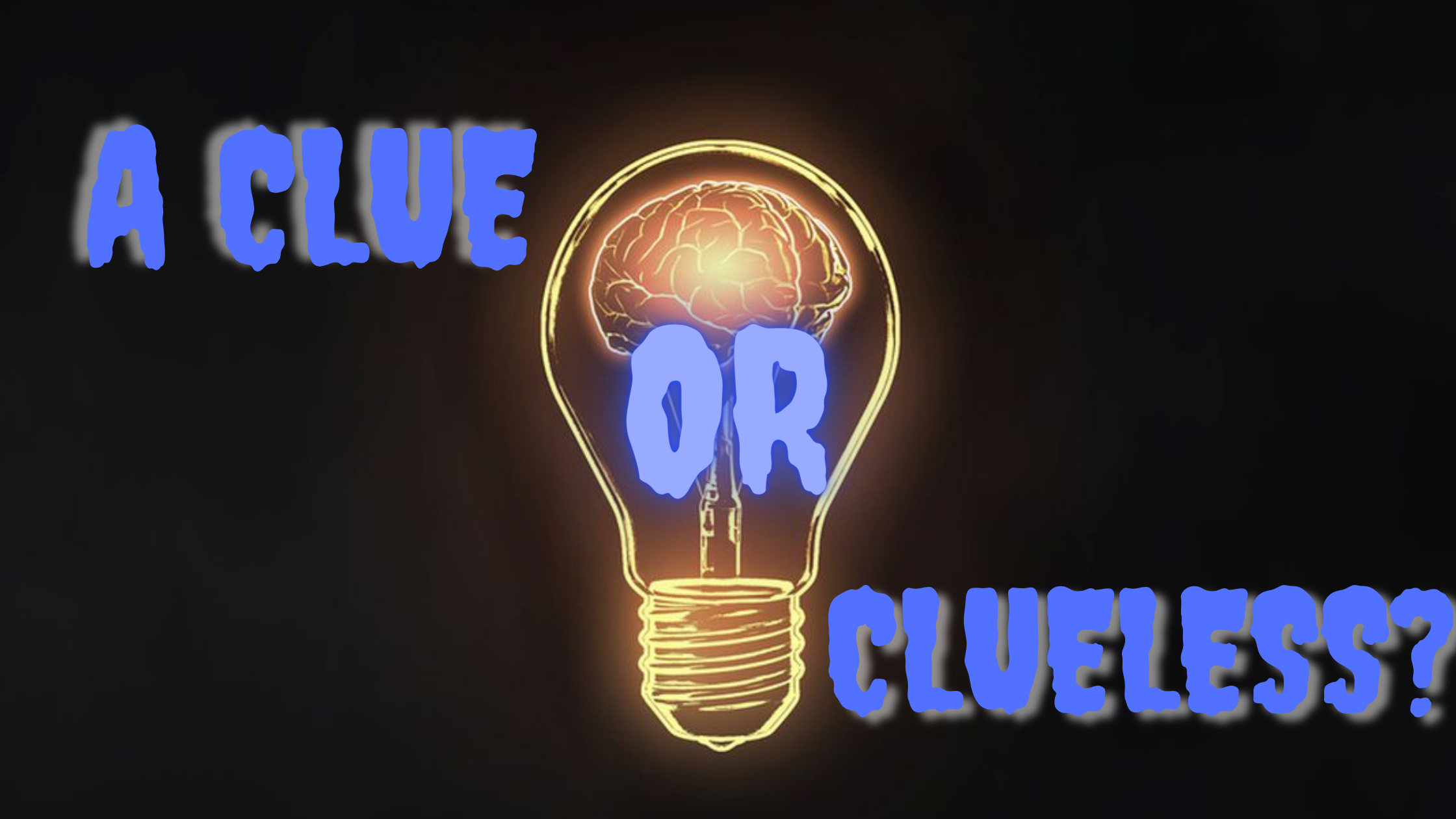You find yourself in a new environment with little to no semblance of what to do. You see a few different locks, each more complex than the last. Your eyes try desperately to take in all the new information as quickly as possible while your mind tries to recall what the Game Master said beforehand. You already feel the uncertainty and anxiety climb due to excitement and fear of what lies ahead. The clock has started, and you must find a way out before it’s too late.
What a lovely thing an escape room is!
If you can relate to that feeling or know someone who did not enjoy their escape room experience, these feelings were most likely brought forth during the game. Though there are some things you can do to prepare in advance to give you and your team the best chance of escape (see our previous blog “This Is Big Brain Time” about maximizing the brain’s potential), there are also some things you should be conscious of when heading into an escape room.
1. Know the Company
This may be a peculiar tip, but it can be the difference between success and failure when utilized effectively. Now, I do not mean to know the staff or owners on a personal level, but the games themselves. Does the game you’ll play lean more towards being straightforward or challenging? Is it linear or non-linear? It’s a good idea to start with the company’s least challenging room because it can give you an idea of how interactive it is, what kinds of locks and puzzles there are, and if the puzzles are well-designed.
2. Dissect Everything
Within reason, of course. Your Game Master should tell you beforehand if there is anything off-limits, such as climbing, crawling, forcing things open, and specific things to leave alone. As long as you act within the set rules and guidelines, never look anything over as “just a prop.” In an escape room, anything can be significant!
3. Discerning an Object’s Usefulness
While the above tip is beneficial, remember that only some things will be helpful. Sometimes, we witness people glued to the idea that a purely decorative object helps solve a puzzle when it has nothing to do with finding the solution. A well-designed puzzle should guide you to what it is asking for without directly telling you where it’s located and what it is. Just because anything can be necessary doesn’t mean everything must be necessary. Keep an open mind about how the puzzle is solved, and you’ll be in good shape to discover the intended answer.

We are complex beings with the ability to rationalize and problem-solve our way to success. There are moments when your brain will hyper-fixate on what it thinks is the best or only way to accomplish a goal, so try to fight those feelings. If you’re getting frustrated or upset because you can’t figure something out, do what you can to get extra help from those around you!






